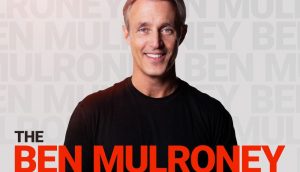The Radio Marketing Bureau (RMB) of Toronto has added more ammunition to its fight to prove the effectiveness of radio advertising, this time showing that radio is a more personal way of communicating with consumers than TV or newspapers.
‘Personal Relevance, Personal Connections: How Radio Ads Affect Consumers,’ a study sponsored by the U.S.-based Radio Ad Effectiveness Lab (RAEL), found that consumers strongly identify with their favourite radio stations. They feel radio is a one-on-one medium more in tune with their personal wants and needs than television and newspaper, which appeal to the masses.
The study, conducted by Virginia-based market research company Wirthlin Worldwide, which surveyed U.S. adults 18 to 54, says the ability of radio to make a personal connection with listeners helps explain why it can be so effective.
For advertisers, this means their ad messages need to speak to listeners as individuals not as a group. While radio can be part of a campaign’s media mix, radio ads require a more personal touch and shouldn’t simply duplicate the content or style used in the other media.
The study also suggests that programming and advertising are part of the same experience for listeners, therefore when seeking new advertisers, radio broadcasters need to ensure the advertiser and the ad are relevant to listeners and fit the station’s environment.
RMB has been making big investments in research the past few years, including last year’s ‘Radio Active,’ carried out by Millward Brown Goldfarb to look at the brand-building qualities of radio.
RMB is a founding partner of NYC-based RAEL, which was created in 2001 as an independent organization funded by radio industry companies to study how radio works and research the effectiveness of radio advertising.























